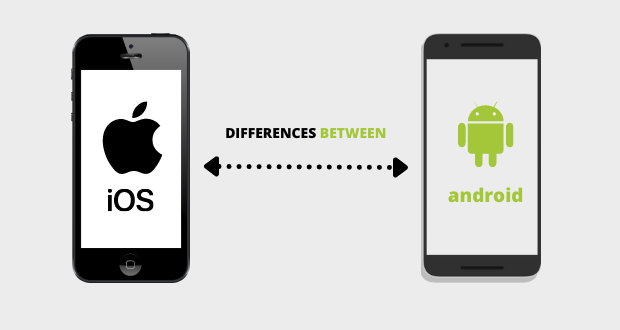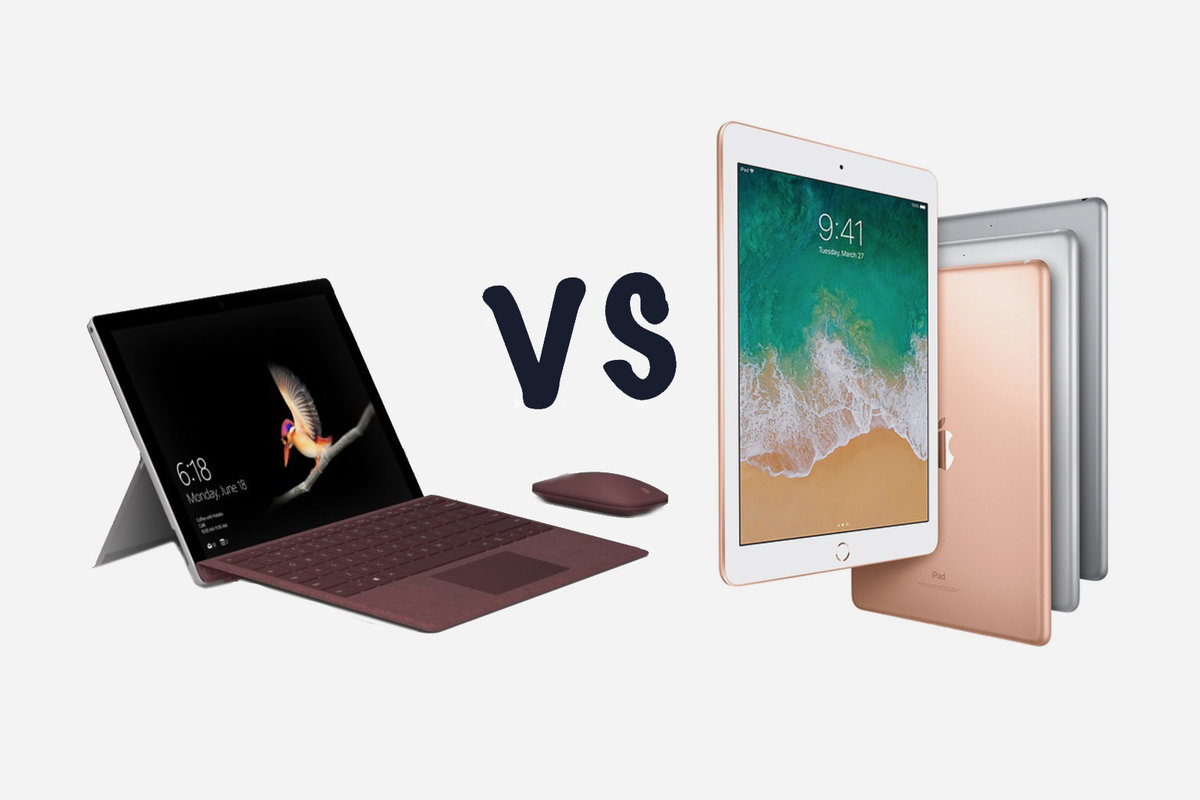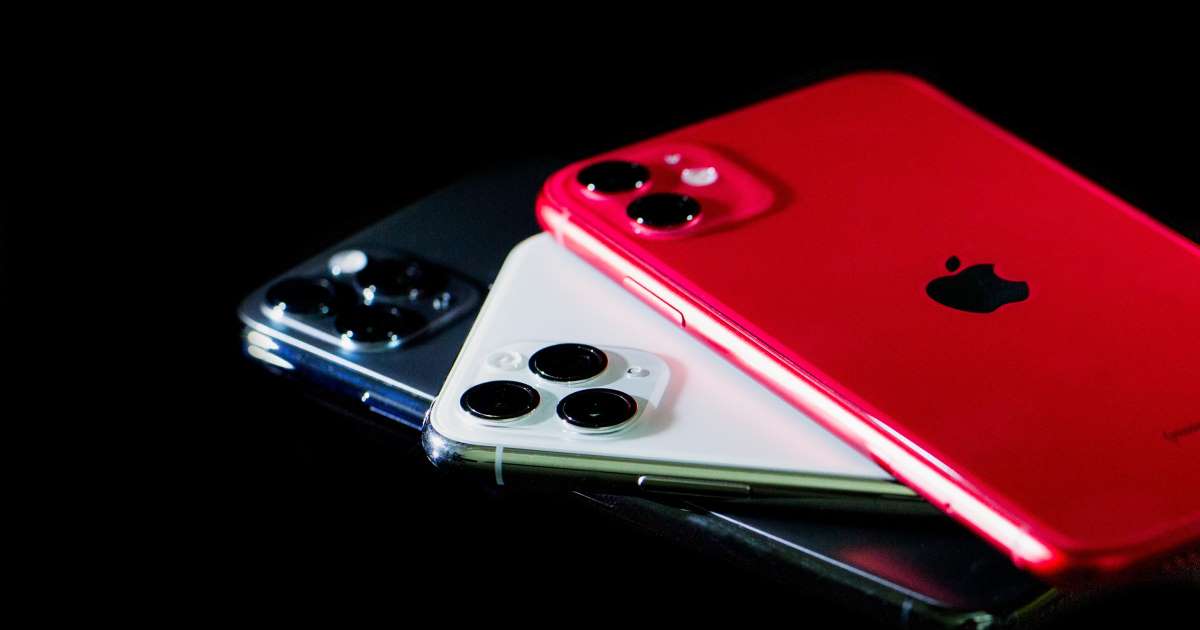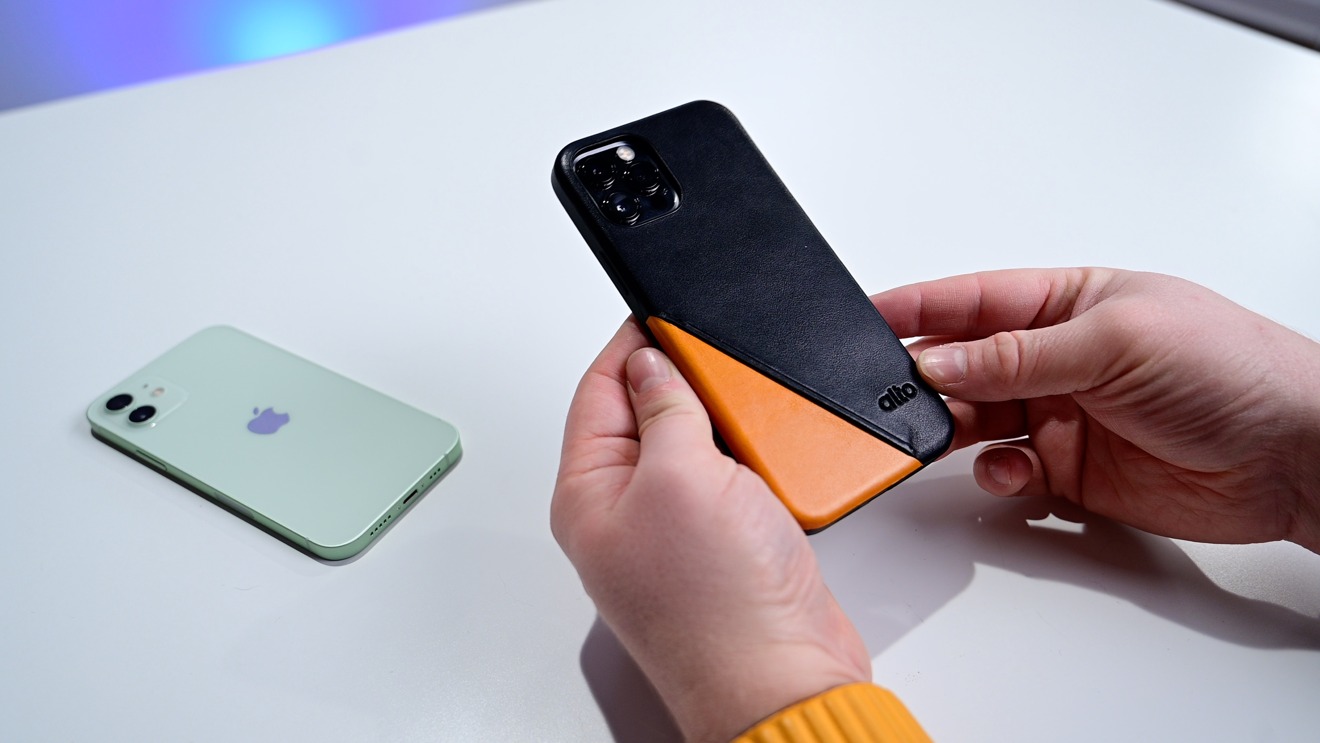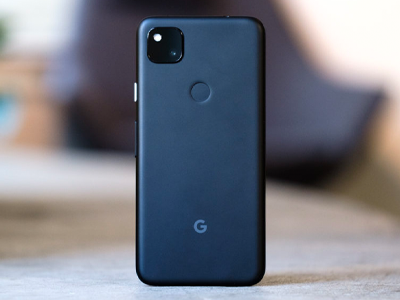Individuals have been constantly quarreling over which is better: the iPhone and Android smartphones? The discussion never closes, and a great many people decide to be enthusiasts of iOS or Android, regardless. A year prior I began utilizing an iPhone SE as my essential cell phone, and during this time I got to realize Apple’s iOS working framework better. I recently utilized a Motorola Nexus 6 cell phone running Android 7 Nougat. I likewise inspected a huge number with Android, for my work here at Digital Citizen. On the iPhone SE, I use iOS 12.
Here are the fundamental contrasts I saw among iPhone and Android smartphones:
1. The App Store feels better organized than the Play Store
The Play Store on Android has been altogether worked on throughout the long term, and it has become simple to explore. My first experience with Apple’s App Store was significantly more positive. It looks more direct, despite the fact that it is additionally parted into classifications and top graphs, very much like the Play Store. Since I’ve had my iPhone, the App Store experience feels more cleaned and agreeable. This is, be that as it may, a private belief and others may feel contrasting about the App Store versus the Play Store.
2. iPhone apps do not crash as often as their Android counterparts
However long I have utilized the iPhone SE, no app on it has slammed. Albeit the Nexus 6 I had before was a skilled smartphone for now is the right time, I have disliked applications smashing on it that I felt it was generally expected. A positive contrast is that applications are not slamming on the iPhone as frequently as on Android. In any case, there are times when some of them can slack briefly prior to reacting to my taps.
3. Some apps from the App Store are better than their Android counterparts
Apple is known for its exclusive requirements with respect to the applications that endure its App Store. That implies that engineers should make applications that pass explicit ease of use and quality standards that are set up by Apple. As an immediate result, some outsider applications are more cleaned than what you find in the Play Store for Android.
4. There are more paid apps for iPhone than for Android, but there are also fewer ads
even if the fundamental applications, everybody utilizes are free on the two stages, when you escape this air pocket, you find that more applications in the App Store are paid, contrasted with Android. That is most likely in light of the fact that Apple’s crowd is viewed as more ready to burn through cash on applications than Google’s crowd. Notwithstanding, that additionally implies that the applications for iOS are normally less loaded up with promotions. On my iPhone, I needed to change in accordance with paying some cash for a couple of the applications I was accustomed to getting for nothing on Android.
5. There is no Back button on the iPhone
Following half a month of utilizing my first iPhone, I used to miss the Back button found on all Android gadgets. iPhones don’t have it, and that was weird for somebody who became acclimated to utilizing it. Certainly, there are fastens inside applications and signals that you can use on an iPhone to return. Be that as it may, the Back button from Android is significantly more agreeable. I could tap it more than once to escape any application, and it was consistently there, in a similar spot, regardless. Albeit the Back button is normally found at the upper left corner of the screen, in all actuality on iPhones, it tends to be anyplace the developers need it to be. That takes some becoming accustomed to, and it doesn’t further develop the client experience.
6. The iPhone batteries tend to have a smaller capacity
The batteries utilized on iPhones are generally more modest than the ones you find on comparable Android smartphones. Despite the fact that Apple utilizes progressed equipment and programming advancements to improve battery life, iPhones actually linger behind Android gadgets in such a manner. Significantly more, it resembles the last couple of ages of iPhones, after iPhone 6, in all likelihood dislike their batteries. Following a year or somewhere in the vicinity, they begin flopping quickly and should be supplanted. My closely-held conviction is that Apple needed to make more slender batteries so the iPhones could be more slender, and during that cycle, it chose to utilize more vulnerable batteries. Delightful plan however helpless battery life. It resembles the most current iPhones that are driven by the “live fast, die young, leave a nice body behind” saying.
7. iPhones do not offer expandable storage
Android smartphones are much more open with regard to equipment choices. It is simply ordinary to be thus, as there are numerous Android gadget makers and innumerable Android gadgets with different equipment setups. Most Android smartphones incorporate a microSD card opening which you can use to extend their capacity limit. Sadly, iPhones don’t have microSD card spaces, and you can’t add more storage to them. You must be cautious and decide to purchase an iPhone with enough storage right from the beginning, as you will be left with it later.
8. iPhones are more privacy-oriented than Android smartphones
Apple is an organization that is well known for its perspectives on protection. In spite of the fact that iPhones and Apple likewise gather information about you and your propensities, they generally get some information about it ahead of time. Besides, in case you read the news features about Apple and the FBI from the most recent couple of years, then, at that point, you realize that Apple doesn’t surrender your information when the FBI comes calling.
Google, then again, is much less keen on keeping your information hidden. It really needs you not to need to keep it hidden :). Why? Since Google makes the majority of its cash from your information, by selling promotions customized to you. Apple’s essential income comes not from promotions but rather from selling iPhones. Odd, correct? An organization that keeps everything shut source, similar to Apple, can be more security-centered than an organization like Google, which is much more cordial to open-source.
9. iOS updates are more regular, and better, than the ones you get on Android
Coming from the Android world, when I met the iPhones, I ended up confounded by the way that a few updates for the working framework really do great as far as execution. All my past Android smartphones got framework refreshes, don’t misunderstand me, yet now and again my cell phone began to run more slowly as a result of them. On my iPhone SE, a few iOS refreshes made it quicker, not simply more secure. Additionally, iPhones get normal working framework refreshes straightforwardly from their maker: Apple. On Android gadgets, you should pause and trust that your smartphones producer discharges refreshes. Android gadget makers don’t have a comparable methodology in such a manner, and some Android cell phones scarcely get updates, or they get refreshes for a lot more modest time-frame than iPhones do.
10. iPhones keep their resale value longer
iPhones are better speculations in the event that you consider their worth devaluation after some time. The iPhones are for the most part more all-around constructed and have preferable equipment programming incorporation over Android smartphones, and furthermore, individuals will generally still like them more. That is the reason an iPhone doesn’t lose quite a bit of its underlying worth following a couple of long periods of utilization, than any Android smartphone you could name.
Courtesy:
www.digitalcitizen.life
 Web Design Inspiration, Templates, and Development Blog
Web Design Inspiration, Templates, and Development Blog
